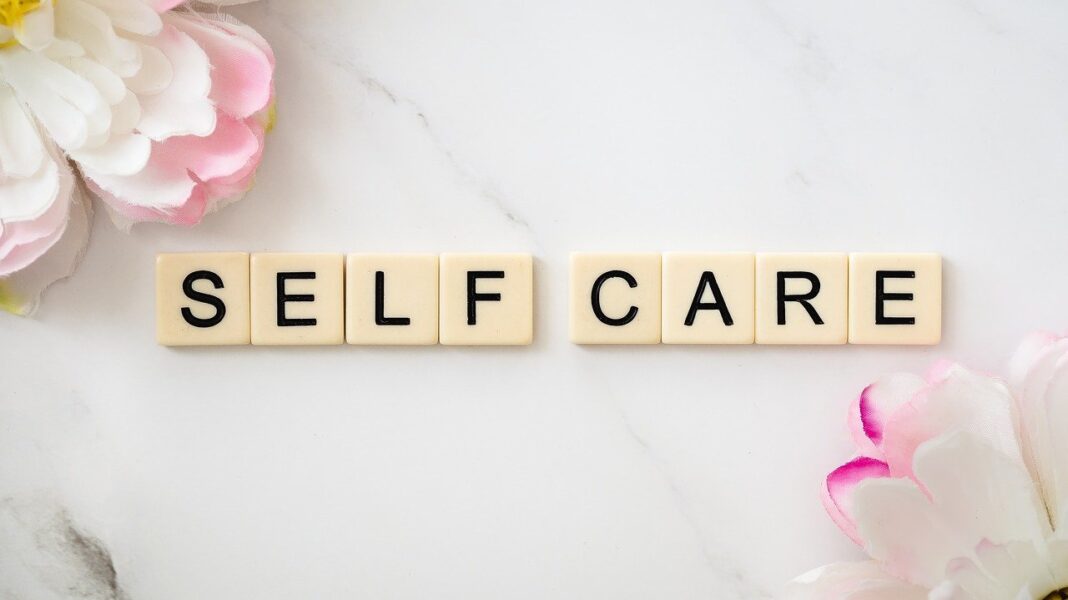After maneuvering through my college education via a screen for over a year, I was thrilled to be back on campus this semester. In terms of actual retention, I was barely scraping by. Sleeping through classes, mindlessly scrolling through my phone during lectures, and only superficially learning material to regurgitate for tests—I was struggling to learn virtually. Now that we are back on campus and conditions are pseudo-normal, I still feel myself slipping back into these self-destructive routines. Why do all of my tasks, obligations and meetings feel like insurmountable challenges? How do we facilitate productive conversations in the classroom about unrealistic academic expectations and mental health? How do we encourage professors to care about the holistic person, and not only the student?
I believe it is fair to speak on behalf of most ‘Berg students right now: we are tired. We are over-extended. We are emotionally, physically, and academically burnt-out. I have heard of a few professors actively adjusting their classes—and consequent expectations—in order to accommodate students. Rather, they adhere to a rigorous curriculum that was likely formulated during “precedented times” and are not receptive to student feedback. We are valued based on our academic output, and we are only respected in terms of academic achievement. While I do not want to actively discount the efforts of a few empathetic professors, I think it is more important to highlight and call out the actions of most professors. Every single student deserves respect and consideration, no matter their academic status or grades. Please hear us when we say we are tired, but we are trying. We hope that you are trying to hear us, too.
I would also like to take this opportunity to talk about the uniquely Muhlenberg “culture” of over-committing to the point of burnout. I believe that the mental health of our students and the implicit expectation to be incredibly involved are intimately connected. It is difficult enough to manage academic obligations, but add on-campus jobs, extracurriculars, career experience, a social life—the expectations we are expected to expertly juggle start to seem completely overwhelming, maybe even impossible. Muhlenberg advertises this over exertion as its particular “charm.” These students love their school so much that they choose to be involved in anything their schedule permits, boasts the Admissions Office.
This semester, in particular, is the perfect storm: an amalgamation of social stressors, pandemic fatigue and a student body passionate about social justice—the levee breaks. The lack of empathy on the professors’ parts and the collectively burnt-out student body demands an in-depth discussion about mental health on campus. The Restore and Reconnect Day—while motivated by good intentions—felt performative. It was a poor attempt by the administration to “fix” the mental health crises crippling our campus community, like a band-aid on a bullet wound. In an effort to ease the stresses of the semester, we were given a “day off”—but that inherently suggests that the reason for poor mental health is the classes themselves. Instead of receiving free t-shirts and hot chocolate, why couldn’t those funds have been funneled towards a more productive cause? Maybe an additional therapist in the Counseling Center or a campus-wide, interdisciplinary conversation about mental health would have been more effective in the long-term.
Why was there a single day dedicated to “restoring” and “reconnecting,” suggesting that such practices are special enough to be dedicated an entire day? Why don’t we actively integrate resting, restoring and reconnecting as an integral part of our busy Muhlenberg routines? I believe that we, as both a community of students and of educators, need to seriously reevaluate the relationship that we have with rest, by saying no, with intentionally setting aside time to ourselves.























You said exactly what has been on so many peoples’ minds with perfect articulation. To the author: thank you, so much.
To Muhlenberg: You’ve heard us. Do better.